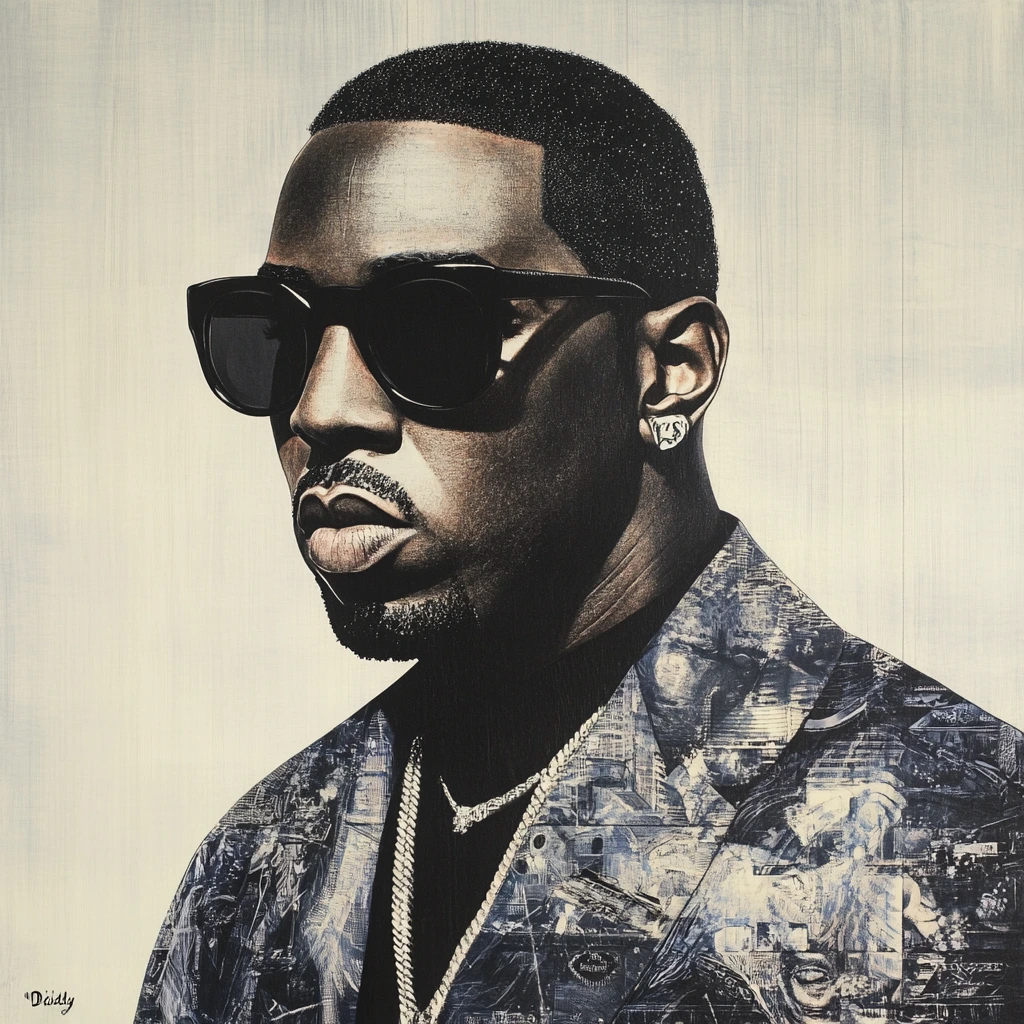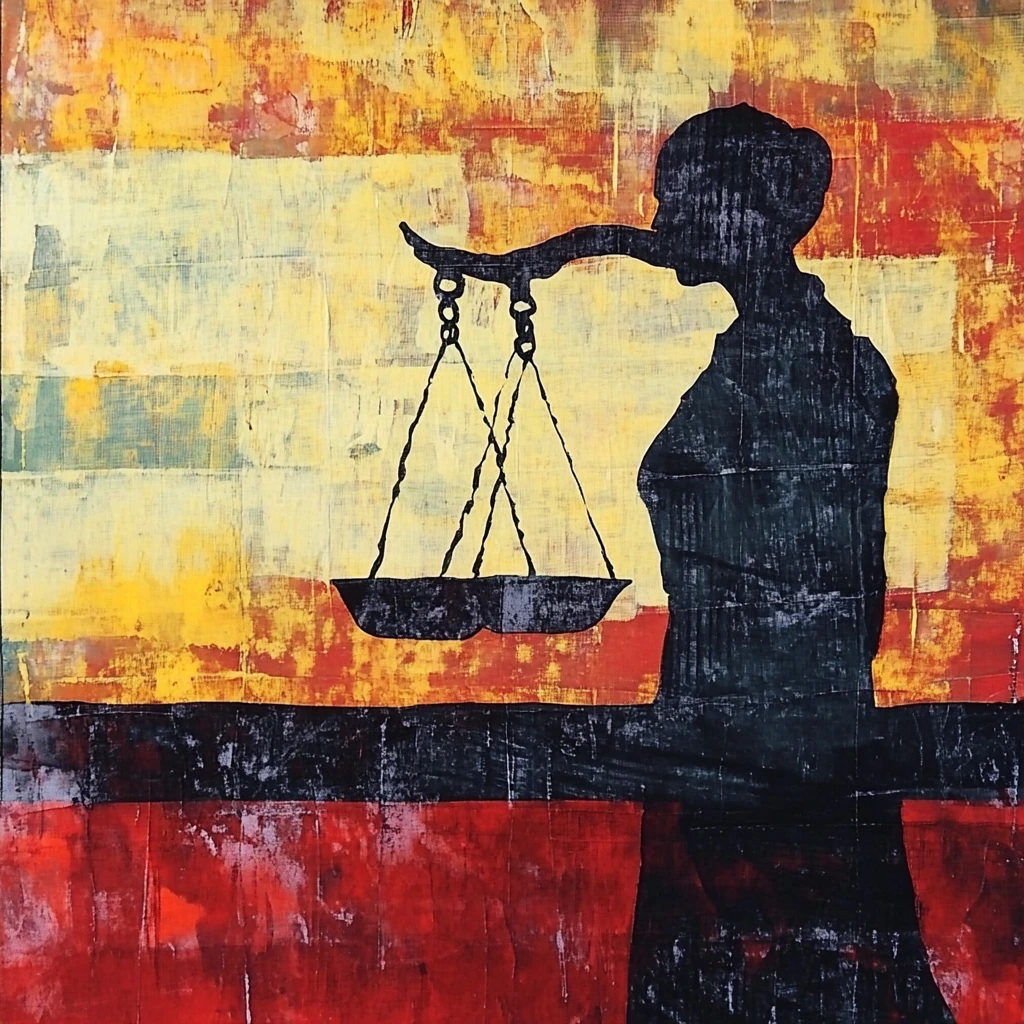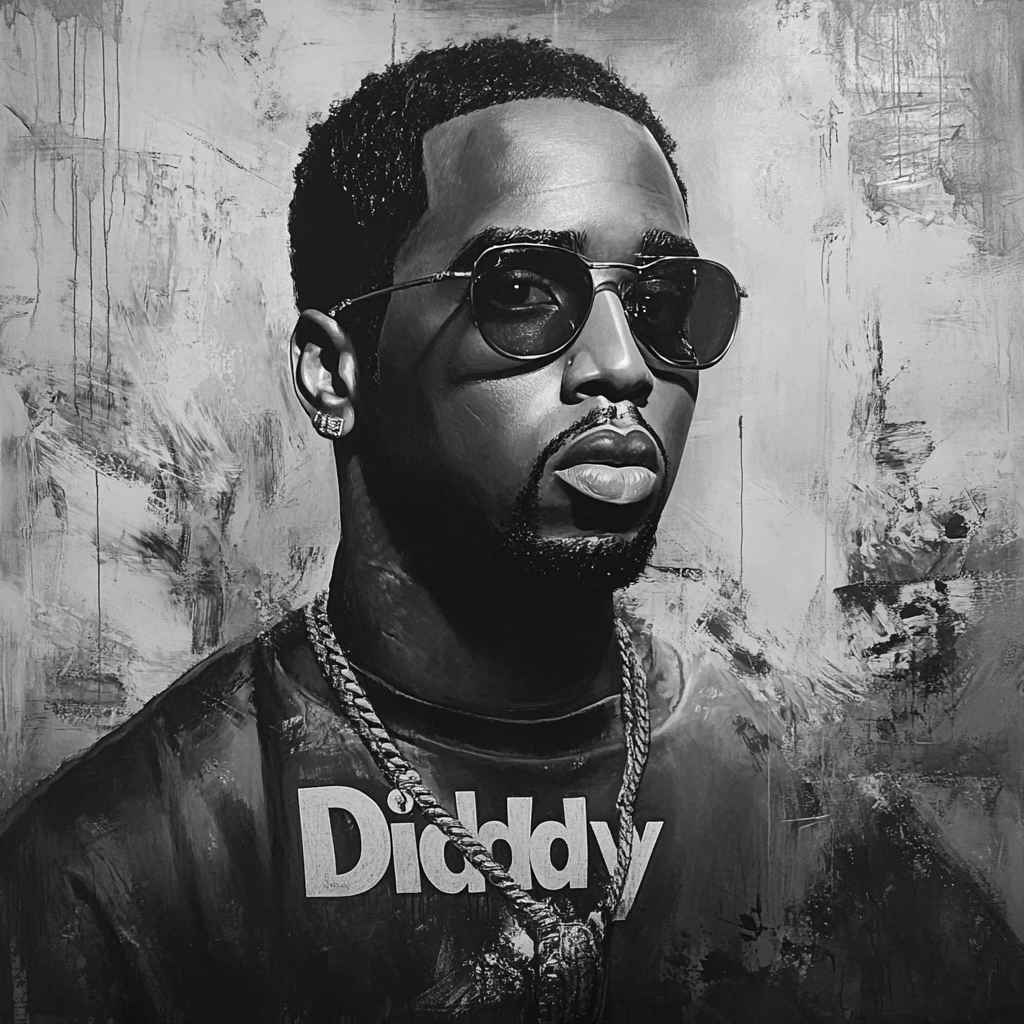Once a symbol of wealth, power, and pop culture dominance, Sean “Diddy” Combs is now at the center of one of the most controversial celebrity trials of the decade. The hip-hop mogul, who built an empire through music, fashion, and media, has been convicted in a high-profile federal case involving sex crimes and organized exploitation. From lavish parties to chilling testimonies, Diddy’s case has captivated the nation, revealing a darker side of fame and influence.
In this detailed post, we walk through the investigation, trial, verdict, and what lies ahead for a man once considered untouchable in the entertainment industry.

The Investigation That Shattered Diddy’s Image
The saga began quietly, with whispers and civil lawsuits filed against Combs by women accusing him of abuse, sexual misconduct, and coercive behavior. Things escalated dramatically on March 25, 2024, when federal agents from the Department of Homeland Security conducted coordinated raids on Combs’s properties in Los Angeles, Miami, and New York. The images of law enforcement storming the luxurious homes of one of the music industry’s most powerful figures went viral, sparking public outrage and media frenzy.
Agents reportedly uncovered vast amounts of disturbing evidence: surveillance footage, hundreds of burner phones, weapons, illegal substances, and bizarrely, over 1,000 bottles of baby oil, allegedly used during orchestrated “freak-off” parties. These raids were not random—they were the result of a months-long investigation into allegations of sex trafficking, drugging, and violent coercion.
By September 16, 2024, Diddy was formally indicted by a federal grand jury on five felony counts:
- Racketeering conspiracy
- Two counts of sex trafficking
- Two counts of transportation to engage in prostitution
He was immediately arrested and denied bail. The government claimed Combs led a criminal organization disguised as a music and lifestyle empire—one that exploited women under the illusion of stardom and opportunity.

Inside the Courtroom: Star Witnesses and Shocking Allegations
The trial officially began on May 12, 2025, in the Southern District of New York, where Diddy faced a jury of 12 (8 men, 4 women) and a courtroom packed with reporters, attorneys, and observers. Over the course of seven weeks, the prosecution called 34 witnesses, including former associates, employees, music industry insiders, and—most notably—alleged victims.
Among them was Cassie Ventura, Diddy’s former longtime girlfriend and R&B singer. Her testimony was one of the most harrowing. Cassie described years of abuse, including beatings, forced drug use, and being trafficked across state lines for Diddy’s parties and private events. She testified that Diddy often videotaped their encounters and used intimidation to keep her silent.
Another major witness, known as “Jane Doe #3”, echoed similar claims. She spoke of being invited to Diddy’s mansions with promises of music deals, only to be drugged, isolated, and coerced into sex acts under threat and manipulation.
Prosecutors painted a vivid picture of Diddy as the orchestrator of a “celebrity sex ring,” protected by fame, power, and a circle of enablers. They introduced evidence including hotel receipts, encrypted messages, surveillance footage, and even testimony from security guards who said they were instructed to “look away.”
Diddy’s defense team, led by high-profile attorney Marc Agnifilo, argued the allegations were exaggerated, consensual, and part of a smear campaign. They claimed the case was “a prosecution of lifestyle, not criminal conduct.” They denied the existence of any criminal enterprise and attempted to discredit witnesses by pointing to previous civil settlements and inconsistencies in their stories.

The Verdict: Guilty, But Not Entirely
On July 2, 2025, after three days of tense deliberation, the jury returned a split verdict:
- Guilty on two counts of transportation to engage in prostitution, both involving Cassie Ventura and Jane Doe.
- Not Guilty on racketeering conspiracy and both sex trafficking counts.
This verdict stunned observers. While Diddy avoided conviction on the most serious charges, the two felony convictions are still significant. Each carries a maximum sentence of 10 years in federal prison. Prosecutors called the ruling a “major victory,” stressing that even partial accountability in high-profile cases sends a strong message.
The judge denied Combs’s request for bail, labeling him a continued flight risk and danger to the public. He was taken back into custody and currently remains at Metropolitan Detention Center in Brooklyn, awaiting sentencing.
Reactions to the verdict were mixed. Outside the courthouse, some fans celebrated and played Diddy’s music, while others protested and held signs demanding justice for all survivors. The media debate was fierce—some saw the verdict as a step forward in accountability, while others believed it didn’t go far enough.
What Comes Next: Sentencing, Civil Trials, and the End of a Legacy
Diddy’s sentencing is set for October 3, 2025, where he faces up to 20 years in prison. Legal experts suggest he’ll likely serve between 51 and 63 months (around 4 to 5 years), based on sentencing guidelines, although his defense team will argue for a shorter term of 21 to 27 months. He will also receive credit for the months already served since his arrest.
Beyond the criminal case, the fallout continues:
- Over 50 civil lawsuits remain pending, many of which allege sexual assault, physical abuse, and fraud. These suits threaten to dismantle what remains of Diddy’s personal fortune and business empire.
- Brand partnerships have collapsed. His once-lucrative deals with Ciroc, Revolt TV, and Sean John have either been suspended or terminated.
- Public opinion has turned sharply. Once revered in hip-hop culture, Diddy now faces widespread condemnation from former collaborators, celebrities, and fans.
Even more controversially, there are whispers that Diddy’s legal team may seek a presidential pardon if Donald Trump wins re-election in 2024, as the former president hinted he was “open to considering it.”

Final Thoughts: A Turning Point in Celebrity Culture
The trial of Sean “Diddy” Combs marks a dramatic turning point in how society views fame, power, and justice. For decades, Diddy was the embodiment of hustle, luxury, and influence. But beneath the glitz was a reality that many say the entertainment world ignored—or enabled—for too long.
This case proves that even the most powerful figures can be held accountable. While many believe justice was only partially served, the trial has opened doors for more victims to come forward and forced the public to rethink the boundaries between celebrity and criminality.
What happens next—whether Diddy serves years behind bars or manages to rebuild—remains uncertain. But his legacy has already been rewritten.
Table of Contents
Live updates: Diddy denied bail after acquittal on most serious charges – BBC News